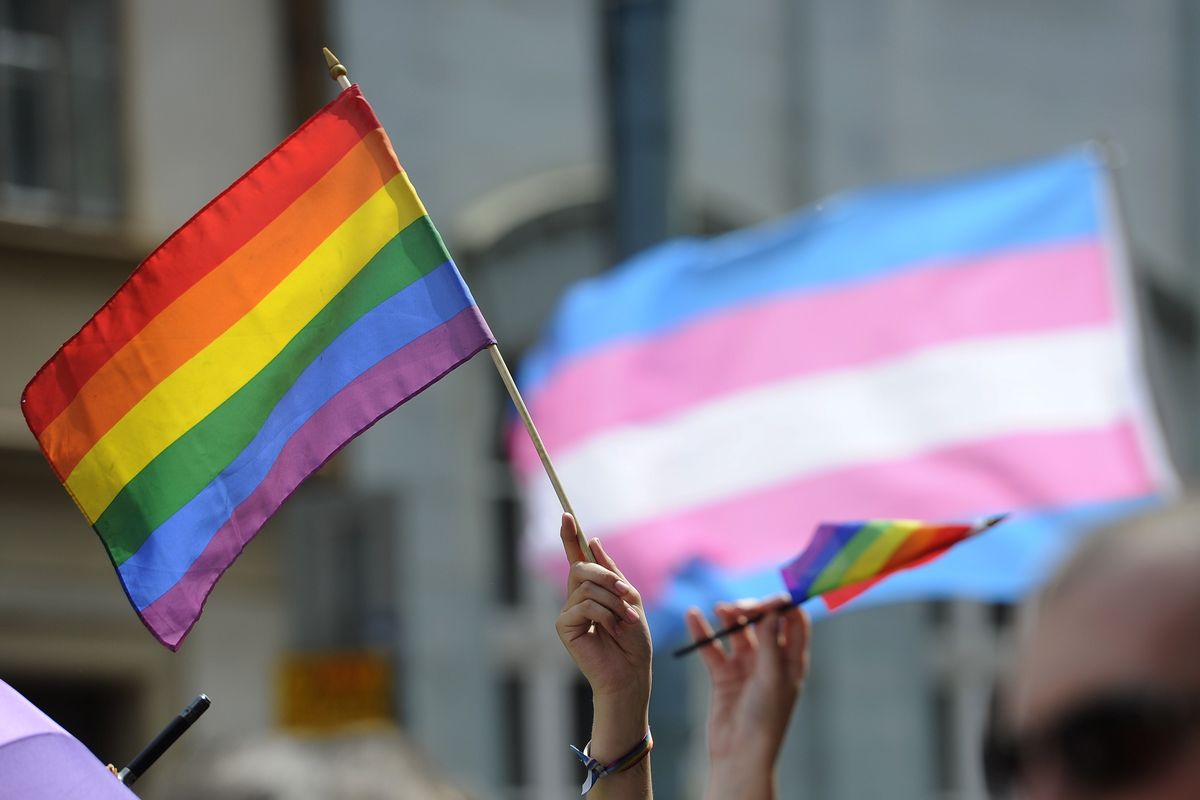Last Friday, Transgender Law Center submitted a comment in strong opposition to the proposed rules by the U.S. Department of Labor’s Office of Federal Contract Compliance that would amend section 204(c) of Executive Order 11246. The proposed rule would allow federal contractors to invoke their religious beliefs in order to discriminate against transgender and gender nonconforming (TGNC) employees.
“The Trump administration is proposing policy changes that radically depart from existing policy and established case law. When the stakes are this high, you’d expect that someone would be able to provide an answer as to why” said Kris Hayashi, executive director of Transgender Law Center, noting that the Department of Labor has provided no justification for such a drastic change in regulation. “Meanwhile, trans people are working jobs at which they’re being discriminated against simply for being themselves, or not able to find a steady job with a good income and living on the streets or engaging in survival work just to be able to eat. The Department of Labor has a job —their job is to advance policies that safeguard the rights of all employees living in the United States. They should do it.”
The impact of this proposed rule would be acutely felt by transgender people of color, transgender people living with HIV, and transgender people with disabilities. Earlier this summer, Positively Trans (T+) announced the results of their 2018 needs assessment of TGNC people living with HIV in three locations in the U.S.: Detroit, Michigan, New Orleans, Louisiana, and South Florida. Nearly half the respondents were unemployed and 86% reported that their greatest legal need was related to employment discrimination.
Executive Order 11246 prohibits the Office of Federal Contract Compliance from discriminating in employment on the basis of “race, color, religion, sex, sexual orientation, gender identity, or national origin.” Gender identity was added as a protected class in 2016, in an effort to address the fact that TGNC people experience higher rates of unemployment, poverty, and employment discrimination.
Although religious exemptions already exist, the proposed rule would enable and encourage government contracted companies, including for-profit companies, to deny TGNC people employment by loosening the requirements for companies to merit a religious exemption. Allowing for-profit companies access to a religious exemption is just one of the ways in which this proposed rule radically differs from established precedent. While legal precedent has already established how courts must identify a religious entity, this proposal gives companies the ability to self-define.
The comment period for this proposed rule ends today, September 16. The public was only given 30 days to weigh in on this proposal, while other proposed rules of this magnitude were given 60 days.
You can read our comments to the regulations here.

